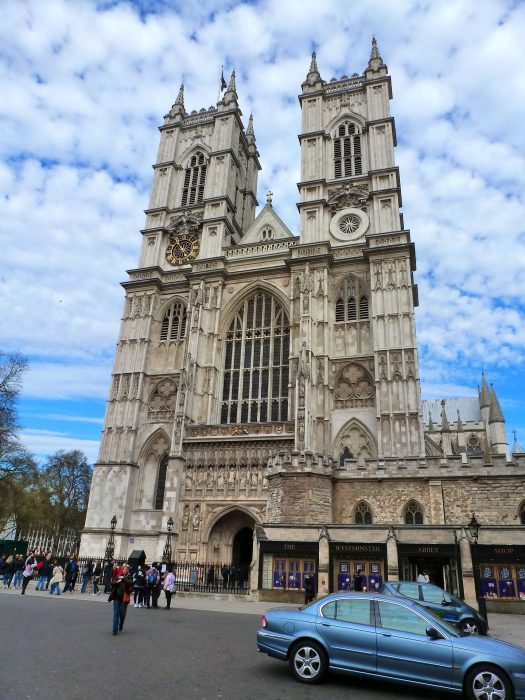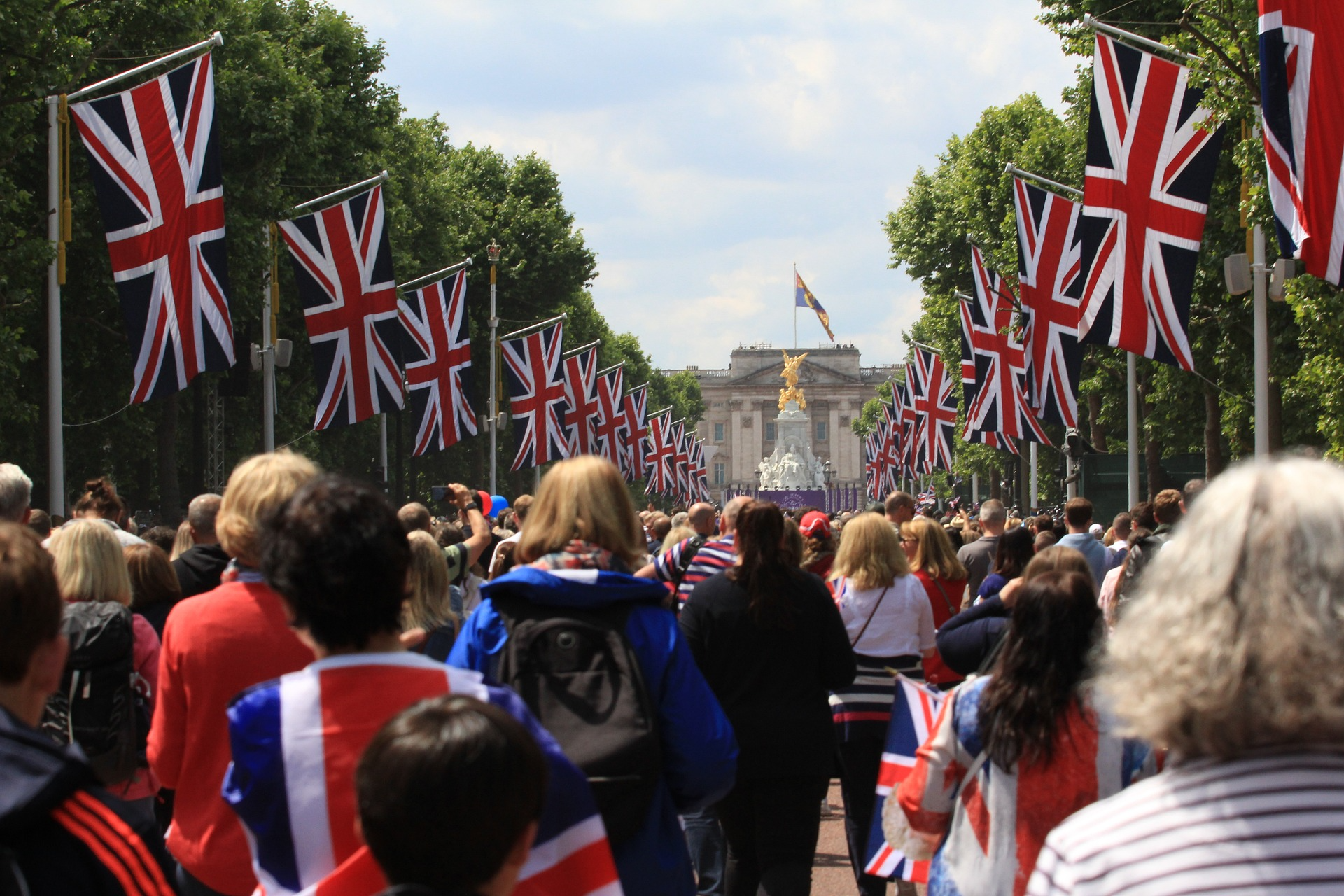The upcoming coronation of King Charles III on the 6th May is, needless to say, an event not without controversy. In the context of the unrelenting cost-of-living crisis, and a much-changed nation since the last coronation in 1953, people are really questioning the necessity of such an event in 2023 Britain, prompting a BBC article on the subject.
President Joe Biden, to the humorous fury of monarchy-frothing commentators in the rightwing press, is notably not attending the event. However, this is not unusual, with no US president ever attending the coronation of a British Royal in a traditional notation of their own sovereign independence from the UK.
In response to the cost-of-living crisis, the coronation will be scaled back from Queen Elizabeth II’s in the 50s, and organisers have tried to appear modern, with Windsor Castle hosting a festival, featuring the band Take That, Katy Perry and Lionel Ritchie, on the day after the coronation.
But with the government (shock-horror) not being at all forthcoming with expenditure on the coronation, and will not publish details until an undetermined time after the event, one can hardly see this being an inexpensive event, and not one that is going to change the British Public’s views on the monarchy.
A frustration for me is how the narrative on the difference between this coronation and the last coronation, particularly demonstrated by the BBC, is being talked about. As far as we know, the actual nature of the ceremony, specifically the religious aspect, is not that different from when the Queen was crowned. I don’t have a problem with this per se, the King is the head of the Church of England, he can’t change that, only an Act of Parliament can.
However reportedly in 1994, the then-Prince of Wales said he wanted to take the title Defender of Faith on his coronation, instead of Defender of the [Anglican] Faith (Fidei Defensor, a title ironically given by Pope Leo X to Henry VIII before his schism from Rome).
In 2015, he then refuted this statement, saying as Defender of the Faith he could “also be [a] protector of faiths.” It’s hard to see this being accurately reflected in a purely Anglican ceremony being presided only by the Archbishop of Canterbury Justin Welby.

In the era of secularisation, the hold of the Anglican Church on the United Kingdom is significantly smaller than in 1954. Furthermore, as a historian, it annoys me that plurality of faiths is treated as somehow being a modern phenomenon. The British and Irish Isles have never been a mono-religious country. Jews, Catholics, and other Protestant denominations (such as Methodists, Presbyterians as the ‘official’ Church of Scotland, Quakers to name a few) have had a considerable presence both historically and currently in this country.
More problematically, the monarch as the head of the British Empire, has ruled over multi-religious groups throughout its history. For example, British rule in India (particularly the title of Emperor/Empress of India) held by the monarch, which only ended 6 years before the coronation of Queen Elizabeth II, was defended as being the legitimate successors to the Sunni Mughal Emperors over the multi-religious South Asian populace. Through both this interlinked factors, since Early Modern Times and perhaps arguably since time immemorial, the British Monarch has always ruled over religiously diverse subjects. And while yes, through linked processes of decolonisation and immigration, the U.K. has seen more people of different faiths live in the country than in 1953, this historical gap is too often exaggerated by official historical narratives who seek to treat 1953 as a distinctly different time with little continuity between this still-colonial post war era and the present day.
The coronation act itself is an event largely unchanged since 1066, surviving the religious turmoil of the Reformation. The necessity for the service to be wholly Anglican is thus on very thin ground. Once this religious pretext for a coronation is deconstructed, we thus find almost no justification for such an event, not economically, not culturally, not even politically either, at least not on this scale. Charles III became head of state legally as soon as his mother Elizabeth II, had passed away, Her Majesty’s Government became His Majesty’s Government the instant this happened, outside of the bureaucracy and procedure of updating documents, insignia etc.
There is no constitutional or political value to such an event in my opinion, its similarity to a U.S. Presidential inauguration is only in its attempt at grandeur, nothing else. In 1953, ardent traditionalist Prime Minister Winston Churchill wanted to use the coronation as a demonstration to the world of a recovered Britain after the Second World War and the Partition of India. Plus, the televising of the event also made it notable and popularised the idea of owning a TV for many ordinary British families for the future. It’s to hard to see a current comparison of this event being historically momentous, at least not for anything positive in this thoroughly discontented country. And whilst no one is going to complain about the extra bank holiday, it’s hard to see this event living long in the memory – at least not for anything good.
As part of appearing to update the ceremony, it was also recently announced that for the first time, the public (instead of just those simply attending the ceremony inside Westminster) will be given the opportunity to swear an allegiance to Charles and his heirs. The press and social media have both freaked out over this. To me it is an overreaction, but again this swearing of allegiance doesn’t feel democratic like the organisers say it is. How can a seemingly irreversible oath only made in one lifetime make this a People’s Coronation or democratic? I just don’t see the point and honestly it’s made the event even more controversial.
I am not an ardent anti-monarchist. Tradition has value in a country’s identity, but we should not be held hostage by such ideals. The Swedes particularly have proved how to make a monarchy work for the public, and unless we make big changes to how the British Royal Family operates, that could be setting us on a dangerous and unnecessary path, starting with an out-of-touch and frankly useless Coronation.
